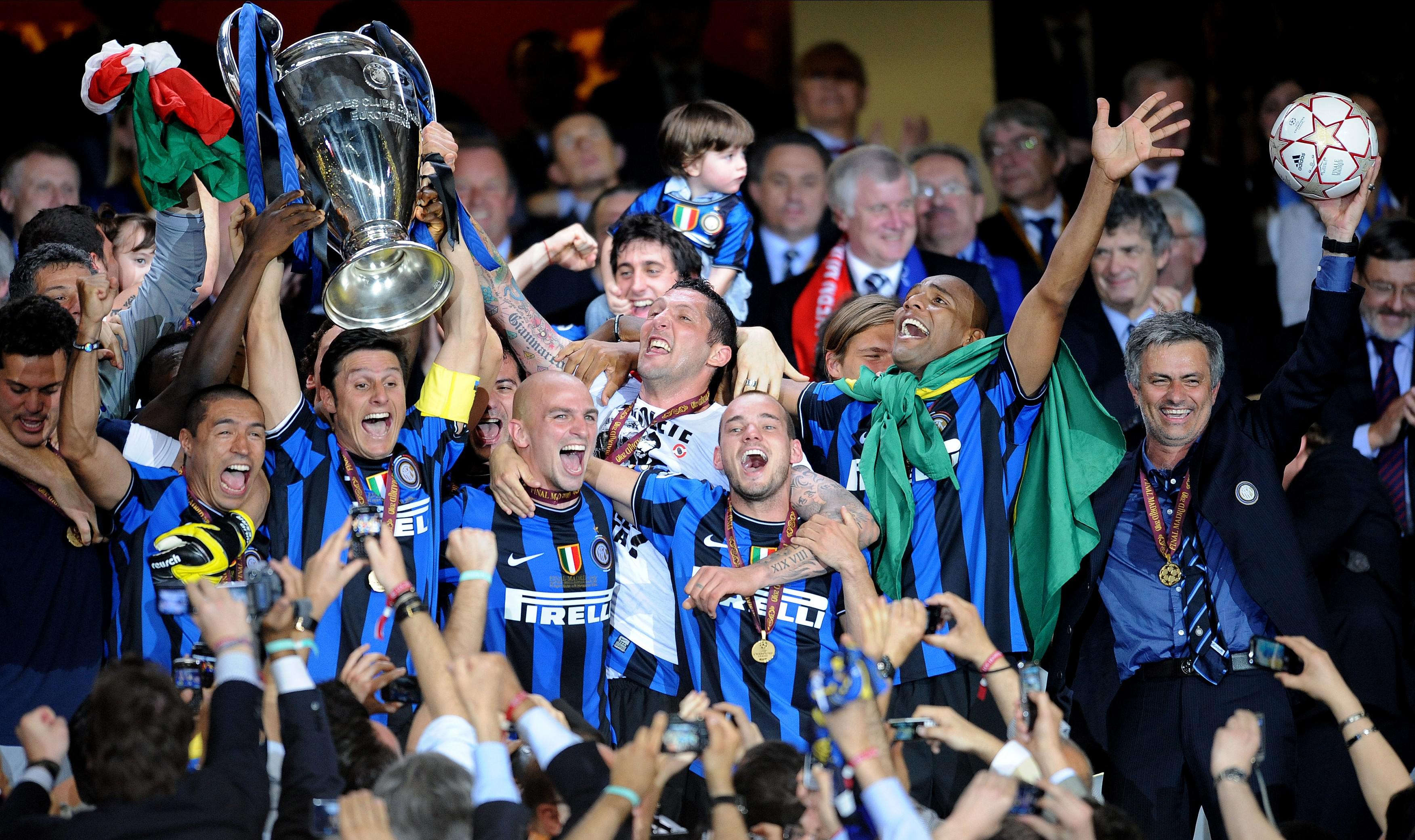Where are they now? Fergie's first MUFC title winners, 1992/93
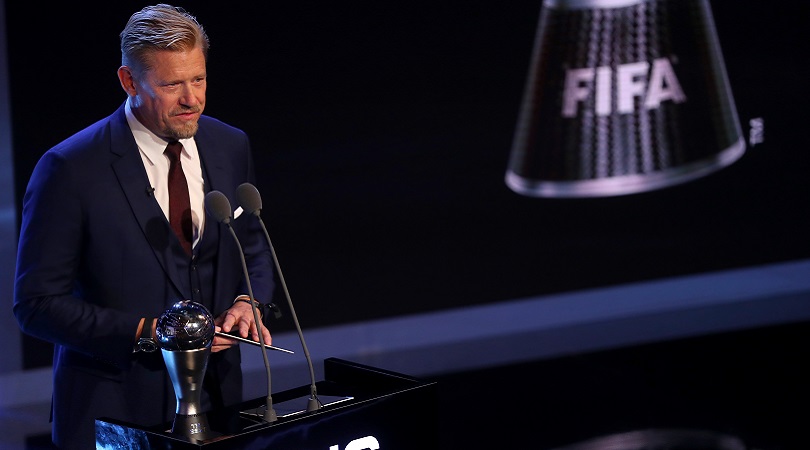
Peter Schmeichel
United’s 26-year title famine was partly down to longstanding problems between the sticks, once European Cup winner Alex Stepney had gone in 1978. while Gary Bailey, Chris Turner, Gary Walsh, Jim Leighton, Les Sealey and Mark Bosnich (first signed as a 17-year-old in 1989) could turn in respectable performances, none were the truly world-class match-winner the Red Devils needed to get over the line.
That problem evaporated when “bargain of the century” (according to Alex Ferguson) Schmeichel signed for a paltry £505,000 in 1991. In 1992/93 he kept an impressive 18 clean sheets as United marauded to glory.
After departing in 1999 with 15 winners' medals, Schmeichel played for Sporting, Aston Villa and Manchester City, before retiring in 2003. He’s since been a BBC pundit, Strictly Come Dancing star, and a Champions League programme host in Denmark.
1992/93: 42 league appearances
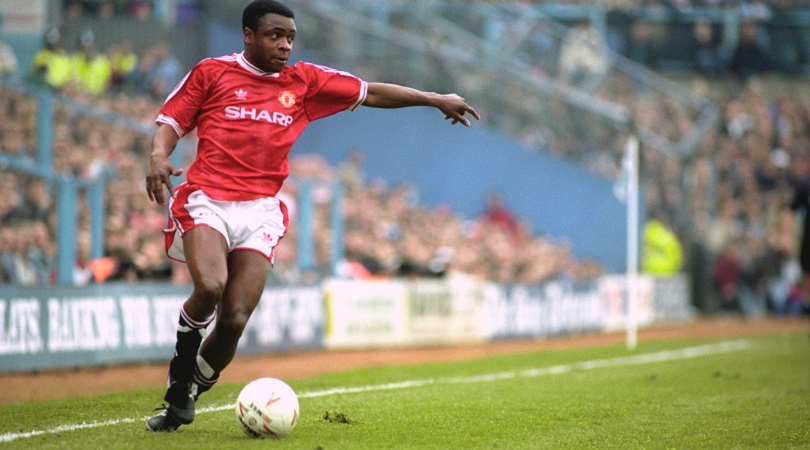
Paul Parker
Gary Neville will always be the right-back who first springs to mind from United’s 1990s supremacy, but another Englishman played the part capably during the season in which the dynasty began. Parker was evasive, quick, defensively reliable and able to bomb forward effectively, especially considering he had frequently been employed as a centre-back by Fulham and QPR (despite being 5ft 7in).
But after this glorious season – and another league winner’s medal in 1994 – he struggled with injury and lost his place to G-Nev. Parker left United in 1996 and would only make a handful of further professional appearances for Derby, Sheffield United, Fulham and Chelsea.
He later played non-league with Farnborough Town, managed Chelmsford and Welling. Now living in Singapore, he has been a pundit for ESPN and various TV stations in Asia.
1992/93: 31 league appearances

Steve Bruce
At the start of the 1992/93 season, Steve Bruce was nearing 32 and had already played 600 professional games for Gillingham, Norwich and United. With Bryan Robson sidelined by injury he became the regular stand-in captain – and the epitome of this outfit’s grit and determination.
His two late headers at Old Trafford, where United were trailing 1-0 to Sheffield Wednesday, were the title race’s key turning point and propelled his side from second to top with five games to play.
Bruce left United in 1996, playing two seasons at Birmingham and then one at Sheffield United, where he was player-manager. He subsequently bossed Huddersfield, Wigan, Crystal Palace, Birmingham, Wigan again, Sunderland and Hull, and is currently at Aston Villa seeking his fifth managerial promotion to the Premier League.
1992/93: 42 league appearances, 5 goals
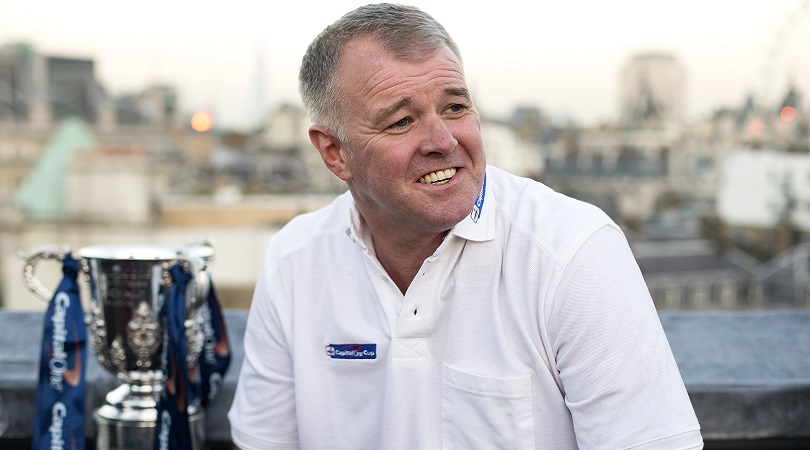
Gary Pallister
The other half of what Fergie called "Dolly and Daisy" but most Old Trafford connoisseurs view as United’s most iconic centre-back partnership, the 6ft 4in Pally – 27 when the league was won – was considered the more cultured of the two defenders.
But really it was their innate understanding of each other’s movements that made this pairing work: brilliant at covering for each other and snuffing out danger at the source, Bruce and Pallister could both out-muscle and out-think most opponents.
Pallister spent three seasons with boyhood heroes Middlesbrough after leaving Old Trafford in 1998. Apart from a short-lived spell as operations director at Darlington and some dabbling at the Boro academy, he wasn’t tempted to remain in the game, instead spending his time in a comfy pundit’s chair.
1992/93: 42 league appearances, 1 goal
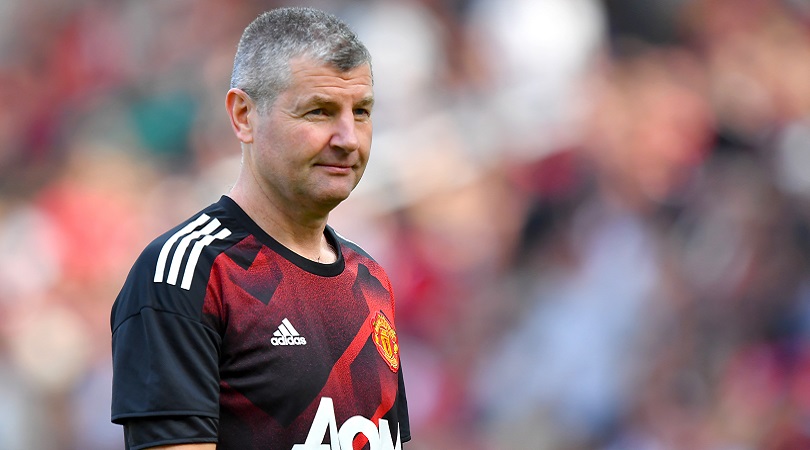
Denis Irwin
It’s telling that “Denis Irwin’s barmy army” was a popular Old Trafford chant around this time: despite the multitude of other legends in the XI, it was Irwin whom the average terrace Mancunian loved the most. A left-back of near-Maldini levels of consistency, he balanced the back four perfectly and delivered free-kicks that impressed young tyro David Beckham. Calling to inquire as to the Irishman's availability, Leeds United were quickly rebuffed, but talk soon turned to unwanted Elland Road hot-head Eric Cantona...
Arguably United’s greatest ever full-back - he was still keeping Phil Neville out of the team in his mid-30s - Irwin departed in 2002 and enjoyed a couple of seasons at Wolves before retiring. Since then, he’s gone down the familiar ex-player’s media path, presenting programmes for MUTV, RTE, and writing for Irish paper the Sunday World.
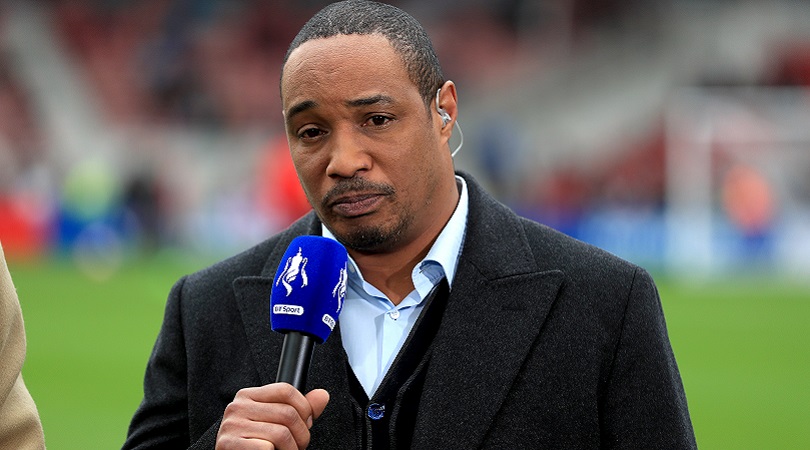
Paul Ince
The heir to Bryan Robson’s throne as United’s midfield enforcer finally rose to power in 1992/93. Ince, who’d joined in 1989 and subsequently partnered a rotating cast of Robson, Neil Webb, Mike Phelan and Darren Ferguson in central midfield, formed a title-winning relationship with Brian McClair.
United fans were irked when their idol was sold to Inter in 1995, but infuriated when he joined their eternal foes Liverpool in 1997; much pleasure was derived from the failings of that Spice Boy-era Merseyside team.
Ince later turned out for Middlesbrough, Wolves, Swindon and Macclesfield, where he served as player-manager. The man who wrote "The Guv'nor" on his boots has since enjoyed a mixed-bag managerial career at MK Dons (twice), Blackburn, Notts County and Blackpool.
1992/93: 41 league appearances, 6 goals
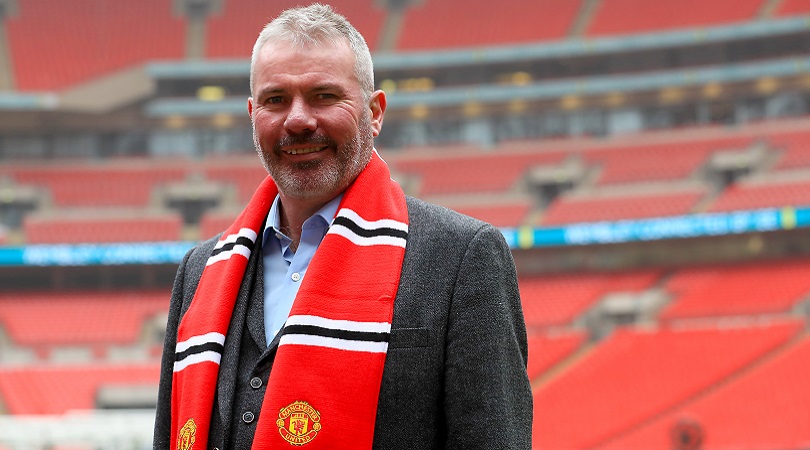
Brian McClair
Signed from Celtic in summer 1987 'Choccy' (short for Chocolate Eclair, Brian McClair) quickly became the first Manchester United player in 20 years to score more than 20 league goals in a season. Losing his place up front to Eric Cantona, he selflessly resettled into midfield and played in every game of the title-winning season. Roy Keane's arrival further limited his chances but he remained a respected squad member until his departure in summer 1998.
After brief stints with Motherwell and as Blackburn’s assistant boss, McClair returned to United and became a youth team coach, reserve team manager and eventually, in 2006, director of the club’s academy. He carried out this role until 2015, when he was appointed national performance director for the SFA, a job he left a year later.
1992/93: 41+1 league appearances, 9 goals
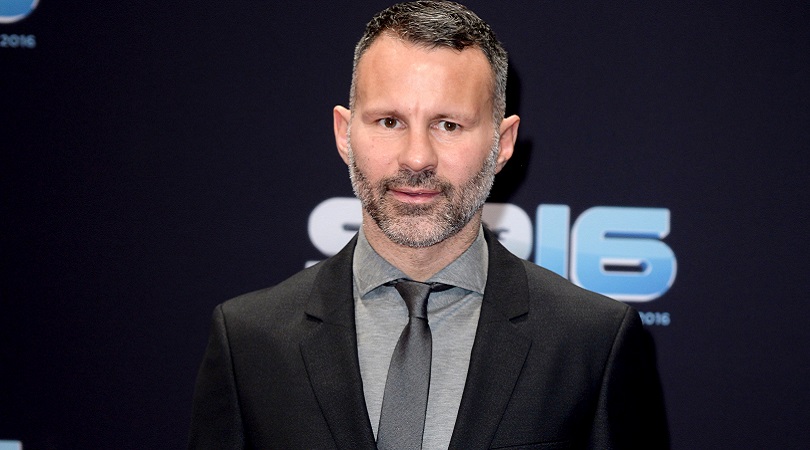
Ryan Giggs
Giggs was part of the furniture at United for so long that it’s easy to forget the sheer visceral thrill of watching him play as an uninhibited 19 year-old. 1991/92 had been his breathtaking breakthrough season, but ended in disappointment as United were overtaken by Leeds. 1992/93 was perhaps his best ever year, performance-wise – and there’s much competition for that honour.
Everyone remembers what followed: 900+ appearances, 13 league titles, three Champions League medals, four FA Cups and League Cups. More recently, he was the perma-frowned assistant manager at United under David Moyes and Louis van Gaal, either side of a four-game caretaker stint; having been discarded in 2016 following Jose Mourinho’s appointment, he seems in no rush to accept any old managerial position, and it's hard to blame him.
1992/93: 40+1 league appearances, 9 goals
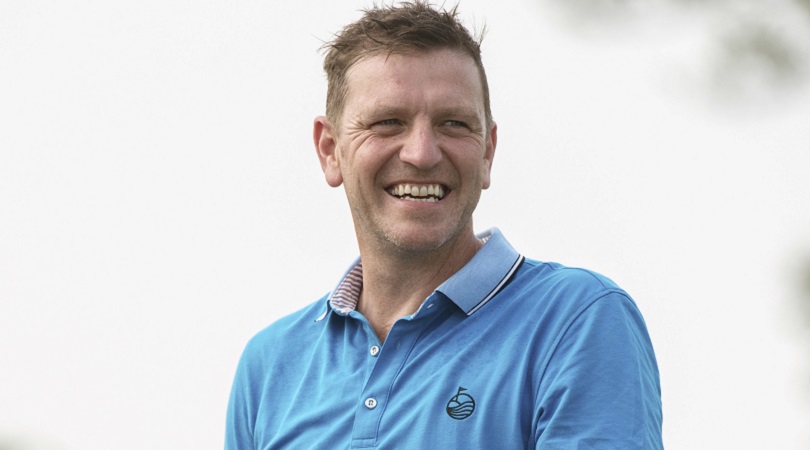
Lee Sharpe
By 1992/93, Sharpe was starting to lose his battle with Ryan Giggs for the role of United poster boy: the Welshman had taken his favoured left-wing position, and he had to work very hard to stop Andrei Kanchelskis from seizing the spot on the opposite flank. Nevertheless, he managed 27 appearances during the campaign and was often at his full-back-menacing best during the title surge.
Sharpe’s decline started over the next couple of seasons. He later played a fine cameo in Bradford's great escape in 2000, before playing for Portsmouth, Exeter and Icelandic side Grindavik.
Since retirement, Sharpe has slotted seamlessly into the ‘celeb’ lifestyle, with appearances on Love Island, Dancing On Ice and Superstars, as well as occasional punditry gigs.
1992/93: 27 league appearances, 1 goal
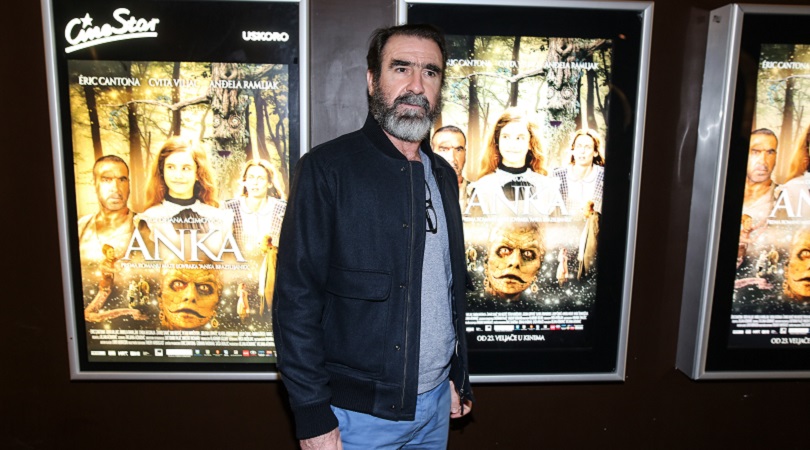
Eric Cantona
Many a rumour has abounded about why Eric crossed the Pennines in 1992, but United fans will forever be grateful for the day Leeds chairman Bill Fotherby called his equivalent Martin Edwards trying to buy Denis Irwin, only to end up selling Cantona instead.
His impact was immediate: United were lying in eighth the day he signed; a month later they topped the table. He was the catalyst for the Red Devils' breakthrough, their double the season afterwards and two further Premier League titles.
His retirement from the game aged 30 still frustrates many. Since then, he’s pursued an eclectic acting career that has spanned Elizabeth, the Palme D’Or-nominated Ken Loach effort Looking For Eric, as well as a bit of beach football, knowing advertising campaigns and local politics.
1992/93: 21+1 league appearances, 9 goals
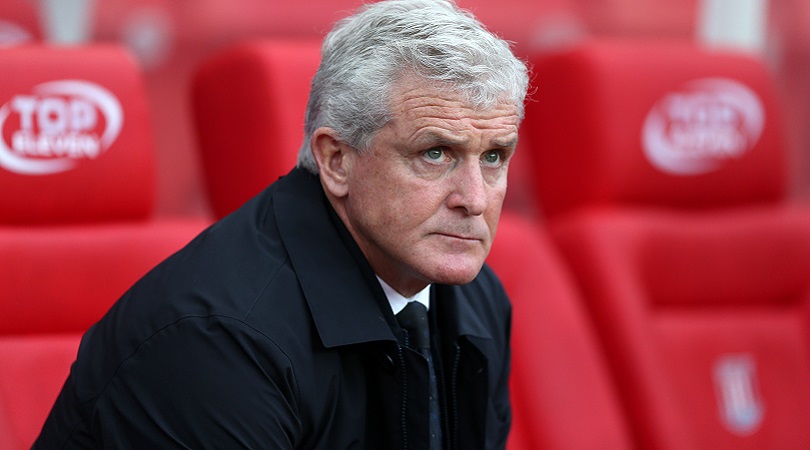
Mark Hughes
While Cantona, Giggs and Schmeichel are seen as the real game-changers among Fergie’s first title-winners, they couldn’t have won it without their Welsh goal machine. The Welshman scored 15 goals, including vital winners over Arsenal and Norwich, and was impeccable when it came to linking up and holding up play, too.
Hughes left two years after the title triumph, performing admirably for Chelsea, Southampton, Everton and Blackburn before finally retiring from playing aged 39; by then he was already three years into managing Wales, and later became gaffer of Blackburn, Manchester City, Fulham, QPR and (currently) Stoke.
1992/93: 41 league appearances, 15 goals
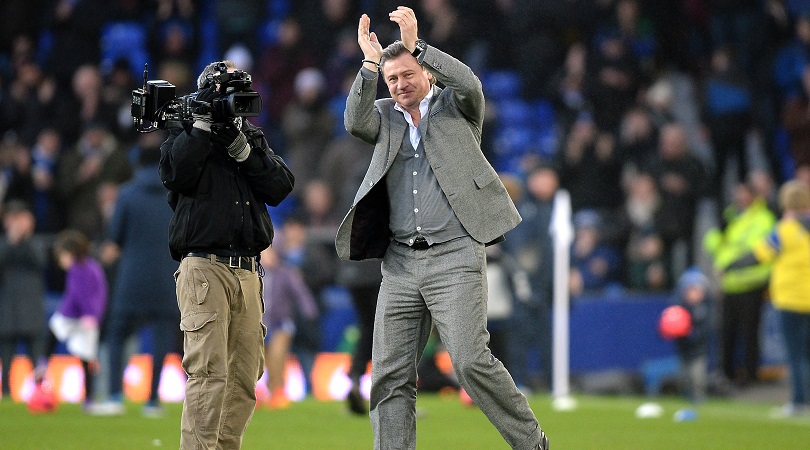
Andrei Kanchelskis (sub)
The flying Ukrainian arrived from Shakhtar Donetsk in 1991 and added real zip to Ferguson’s attacking options. In 1992/93 he was favoured on the right side of midfield at the start of the season, before losing his place to Lee Sharpe – but remained a key part of the title-winning side, albeit mostly as an impact sub.
One of many who eventually fell out with Ferguson, he moved to Everton in summer 1995, and after two excellent years transferred to Fiorentina. As his speed faded, his later career featured spells with Rangers, Manchester City, Southampton, Al Hilal, Saturn Moscow and Krylia Sovetov. He later became a manager with Torpedo-ZIL Moscow, Latvian side FC Jurmala and Solyaris Moscow.
1992/93: 14+13 league appearances, 3 goals
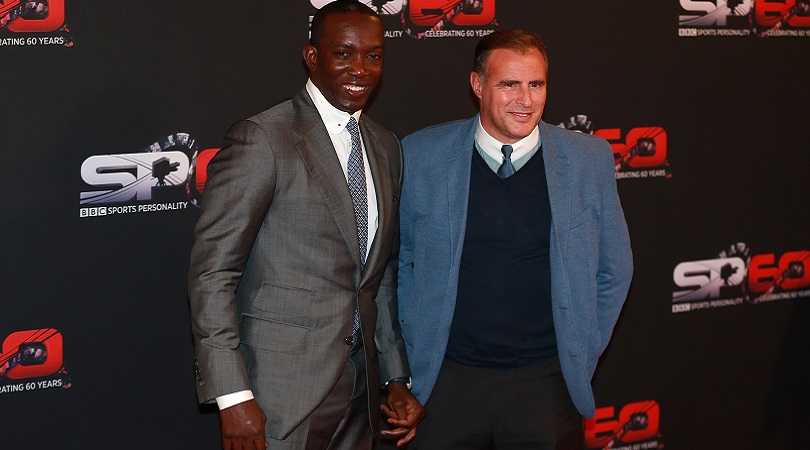
Clayton Blackmore (sub)
Gnarly Welshman Blackmore bagged 12 appearances in 1992/93 thanks to his versatility – able to play across the backline and midfield, he had worn every United shirt number from 2 to 11. Signed (like his compatriot Hughes) as a schoolboy in 1978, he made 186 United appearances, bagging FA Cup (1990) and UEFA Cup Winners' Cup (1991) medals before this sole Premier League triumph.
After making no appoearances at all during 1993/94, he moved to Middlesbrough, and just kept going from there: professionally with Bristol City, Barnsley and Notts County up until 2000, and then for 10 more years in non-league, most notably with Bangor City who he also managed.
1992/93: 12+2 league appearances
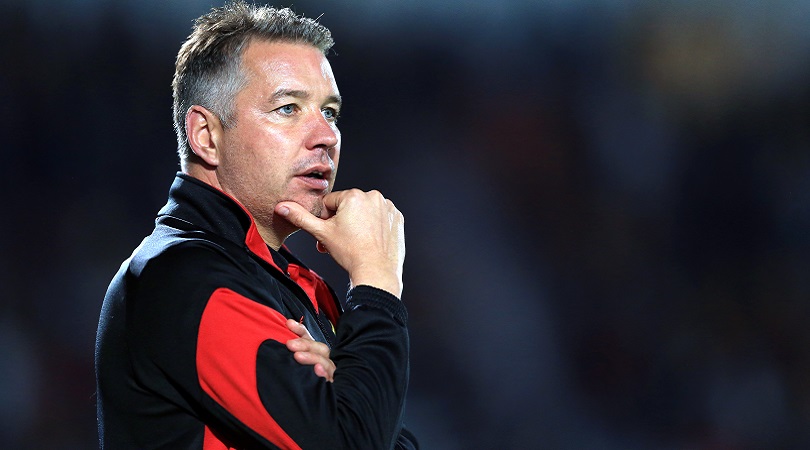
Darren Ferguson (sub)
The gaffer’s son could play a bit, you know: Fergie Jr. managed 15 appearances and was a functional part of the side, albeit lacking the talent of the superstars around him.
Dad sold his boy to Wolves in 1994, but it was at Wrexham that he really found his level, making over 300 appearances and captaining the side to Division Two promotion in 2003 – as well as winning the Football League Trophy.
Ferguson followed Pops into football management in 2007; first at Peterborough, gaining promotion to League One in 2008 and then the Championship a season later. After a stint with Preston he returned to Posh in 2011, winning another Football League Trophy in 2014. He’s currently in charge of Doncaster.
1992/93: 15 league appearances
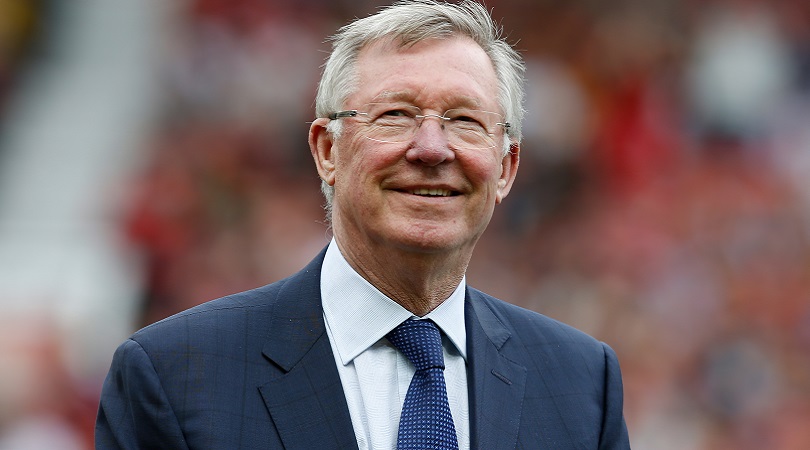
Alex Ferguson (manager)
Remember this fella? Although he managed United from 1986 to 2013, his Year Zero was truly 1993. With due respect to United’s earlier cup successes, it was this first title win that opened the floodgates for a managerial career by which all others must be measured. Twelve more titles and two Champions Leagues would follow, and Fergie has more than twice as many league gongs as his next-closest rival.
Where is he now? At the races, savouring fine wines, immortalised in statues, lecturing at Harvard University, writing books, and – most visibly – loitering in the stands at Old Trafford, a haunting reminder for every new Manchester United manager of a paternalistic deity that they can never, ever match.

Greg Lea is a freelance football journalist who's filled in wherever FourFourTwo needs him since 2014. He became a Crystal Palace fan after watching a 1-0 loss to Port Vale in 1998, and once got on the scoresheet in a primary school game against Wilfried Zaha's Whitehorse Manor (an own goal in an 8-0 defeat).
